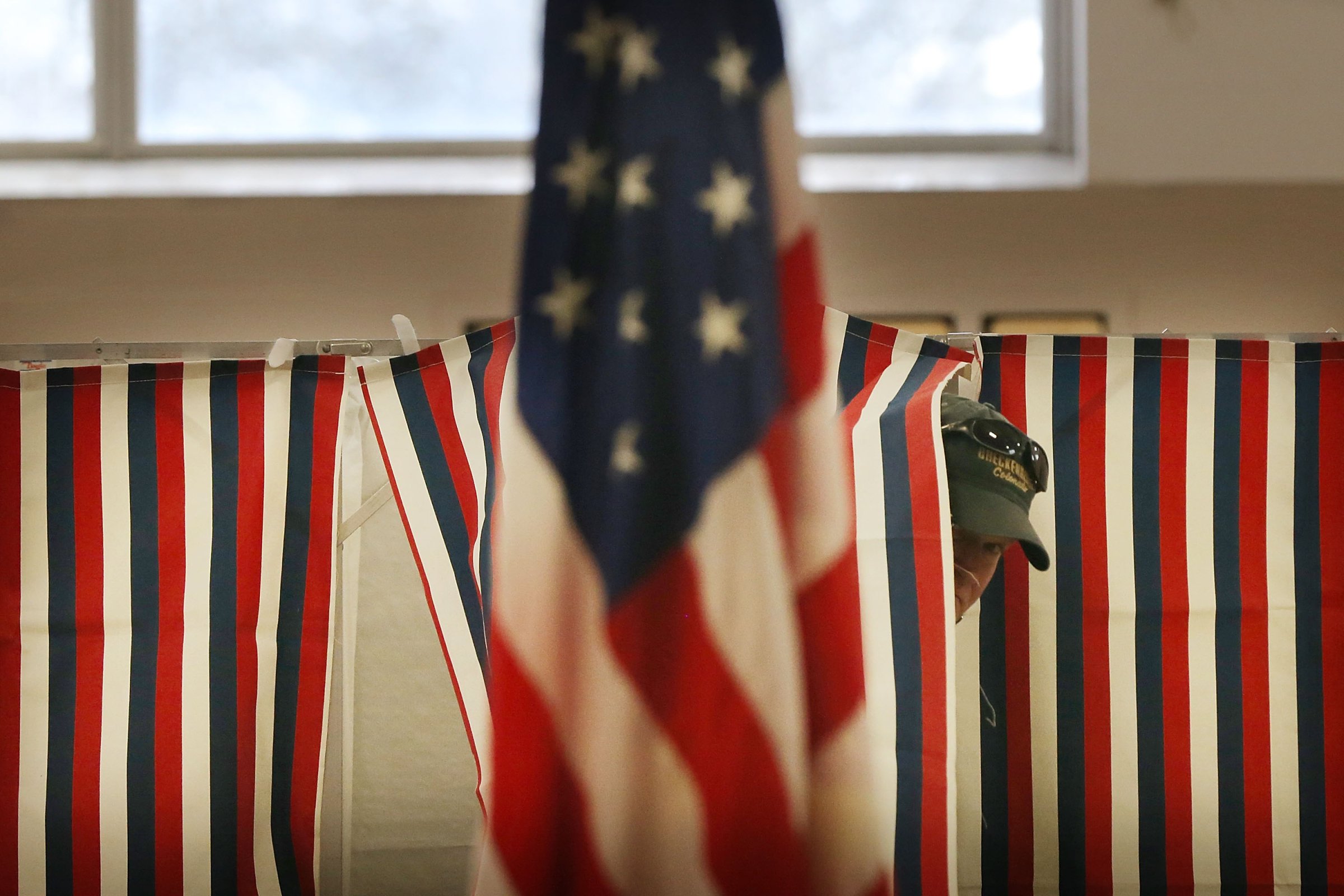
In a landmark case on legislative districting in 1964, the U.S. Supreme Court stated that “the right of suffrage can be denied by a debasement or dilution of the weight of a citizen’s vote just as effectively as by wholly prohibiting the free exercise of the franchise.”
The first part of that sentiment — “debasement” — is often cited when we debate restrictions on voters casting their ballots. But we often overlook the second part — “dilution” — when we fail to consider the disenfranchisement caused by voter fraud.
Both present a threat to our participatory democracy, because the right to vote is the fundamental right that protects all of our other rights and individual liberties enshrined in our Constitution.
There is nothing new about the threat voter fraud presents to our form of government. It has always been present in the shadows of our democracy. Voter fraud comes in several different forms: impersonation, false registration, duplication, absentee fraud, ineligible voting, voter intimidation and outright buying of votes. These types of voter fraud are as old as the republic.
But in the 21st century, these threats have been compounded by modernization and the fast-paced technology of the digital age.
The extensive use of mail-in ballots, for example, has certainly made voting more convenient. But much of our voter fraud (and voter error) come from these same efforts to make voting more convenient and easy. Likewise, the use of newer technologies such as electronic voting open us up to the threat of hacking and force us to confront issues of cyber-security around our voting systems.
I am not suggesting we abandon our efforts to make voting more accessible and open. But it is an unfortunate reality that with every technological advance there is a corresponding threat of exploitation and fraud. As with any human system, there are those who will seek to take advantage of openness and assert disproportionate influence on the outcome of our elections.
In 2016, some voters in California had their voter registration changed electronically unbeknownst to them. An investigation into voter fraud revealed vulnerabilities in the state database system with regard to IP address retention. The practical consequence was that with basic personal identifying information anyone could access the state database system to both create a voter registration record and to make changes to an existing voter record anonymously. By not retaining the IP address to identify the computer and circumstantially the individual who made the changes, it made it impossible to police the system.
By making a simple change to capture and electronically record the IP addresses of all users, the system was protected. In correcting this vulnerability, we proved we could still provide convenient access to voter registration while ensuring a more secure environment that preserves the integrity of the process.
Our system of democracy rests on the fact that we have faith in it. Even when it is not a false vote that decides an election, that false vote, if ignored, leaves an indelible mark on our system. If the citizenry begins to believe that fraud is tolerated by our government, that faith is destroyed. We call it self-government and generations of Americans have rightfully fought to secure and protect that right. We must continue that fight today and protect not only every citizen’s right to vote, but the integrity of our election process.
Policing the system against fraud at the state and local level does not equate to disenfranchisement. In fact, it is quite the opposite.
Guarding against fraud is what ensures that every person has a voice and no one person or one institution has unequal power or unfair advantage. It is those who commit fraud that undermine our system of democracy and marginalize the voice of those who honor the process and follow our laws. Our government must send a strong and clear message that we will not tolerate the manipulation and abuse of our democratic process.
More Must-Reads From TIME
- The 100 Most Influential People of 2024
- The Revolution of Yulia Navalnaya
- 6 Compliments That Land Every Time
- What's the Deal With the Bitcoin Halving?
- If You're Dating Right Now , You're Brave: Column
- The AI That Could Heal a Divided Internet
- Fallout Is a Brilliant Model for the Future of Video Game Adaptations
- Want Weekly Recs on What to Watch, Read, and More? Sign Up for Worth Your Time
Contact us at letters@time.com